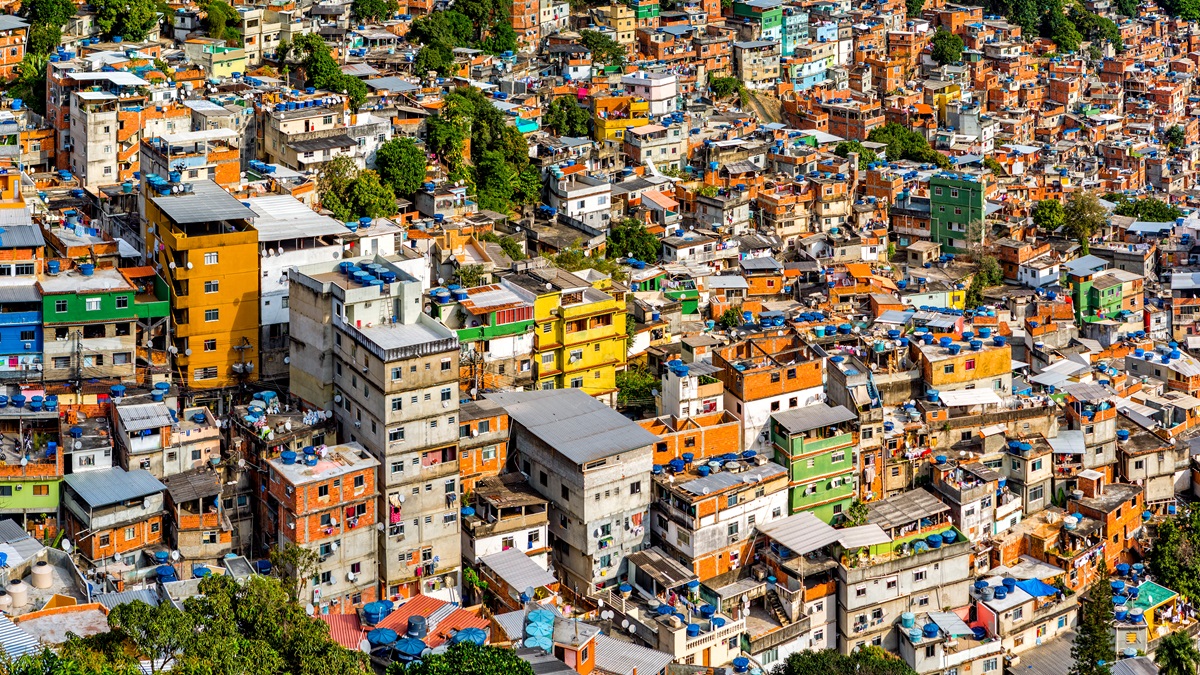The two organizations will provide capacity-building support to help both countries leverage science, technology and innovation for sustainable urban development.
© Shutterstock/Mihai_Andritoiu | An aerial view of the Rocinha informal settlement, home to some of the most vulnerable populations in Rio de Janeiro, Brazil.
UNCTAD has partnered with the Atlantic International Research (AIR) Centre, a non-profit organization, to help Brazil and South Africa boost their earth observation capabilities.
Space technologies can revolutionize how countries capture, visualize and analyze data about Earth’s surface, such as disaster-prone areas, local air and water quality, and transportation networks.
The joint work will arm both countries with much-needed data to support evidence-based urban planning and management, and to report on their progress towards the Sustainable Development Goals.
The initiative was announced at a global workshop on Earth observation held in the Azores, Portugal between 8 and 12 January. The event focused on enhancing geospatial analysis using Julia, an innovative open-source programming language developed by the Massachusetts Institute of Technology (MIT).
The workshop convened more than 240 scientists and researchers from top institutions, such as MIT and Harvard University, and national space agencies from Belgium, Brazil, Denmark, Poland, Portugal, South Africa and the United States.
A catalyst for smarter, more resilient and inclusive cities
The initiative is part of a two-year project running through 2025, entitled “Harnessing space technological applications in sustainable urban development”.
“This project responds to the need to further support developing countries, particularly women scientists, to use geospatial technology as a catalyst for smarter, more resilient and inclusive cities,” says UNCTAD economist Eugenia Núñez.
The new UNCTAD-AIR initiative is set to hold its first workshop in Brazil’s Rio de Janeiro from 3 to 5 April 2024.
Local partners and policymakers will explore ways to use the Julia programming language to integrate earth observation, health and socioeconomic data as they rev up efforts to improve living conditions in the city’s informal settlements.

